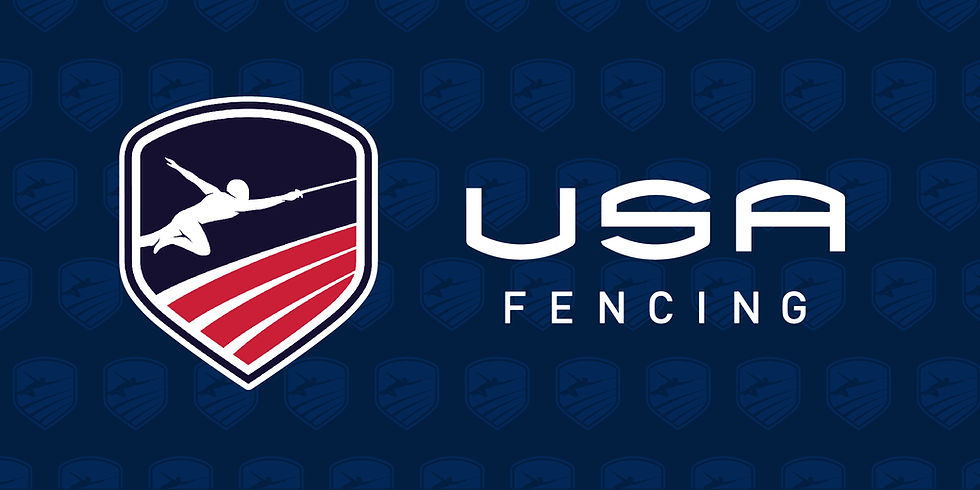One of the things I’d always disliked about the sport of fencing, and competitive sports in general, is that I always find myself worrying about the outcome and the possibility of failure. However, after placing top 8 in the nation at last year’s October North American Cup, I’ve grown to realize how truly extraordinary sports are. Despite the fact that fencers are on opposite ends of swords pointing at each other, they are forming a bond rather than an adversarial relationship.

Fencing provides me with the opportunity to connect with other individuals without even speaking a word. This is due not only to the way fencers engage with one another but also to the way fencing is structured competitively. The same can be said about sports in general. When it comes to bringing people together, nothing beats sports. They can resolve disagreements, provide worldwide inspiration, or simply provide distraction and amusement, even if only for a brief period of time. Sport coincides with community values and political agencies, as it attempts to define the morals and ethics attributed not only to athletes but the totality of society as a whole. Fans of spectator sports find a reaffirmation of key societal values through sports, as they give meaning to their own lives. It provides key dynamics when it comes to the augmentation of communal principles by enhancing the physical and mental well-being of individuals and the integration of social classes.
The value of sports has always been indispensable throughout history. Dating back to almost 7000 BCE, prehistoric cave paintings in Japan depict a sport similar to sumo wrestling in a stadium-like sphere surrounded by crowds of cheering people. Neolithic rock art found at the cave of swimmers in Wadi Sura, near Gilf Kebir in Egypt shows evidence of swimming and archery being practiced around 10,000 BCE. It’s likely that after the switch from hunter-gathering to farming as the primary means of providing food became dominant about 12,000 years ago, those individuals who had previously been assigned to the Hunter role – and were likely naturally more physically built for the purpose – had little way to utilize their skill sets in a practical setting anymore. They instead entered a form of perpetual preparation for hunting and practicing the skills required, which then led to competitive bouts intended to indicate whoever was the most "prepared" for the different elements of the hunt. For example, some of these bouts might have included the speed to chase down, strength to wrestle down, or accuracy to rapidly dispatch the prey and associated wagering on the outcomes of contests, which then evolved gradually into what we would today recognize as sports.
Sports, whether for recreational, professional, or educational purposes, are not merely about fitness or victory; above all, they are an essential building block of a prosperous and healthy society. I began the sport of fencing a few years ago merely to increase my physical fitness and have fun. Little did I know that the word SPORT encompassed so much more.

Comments